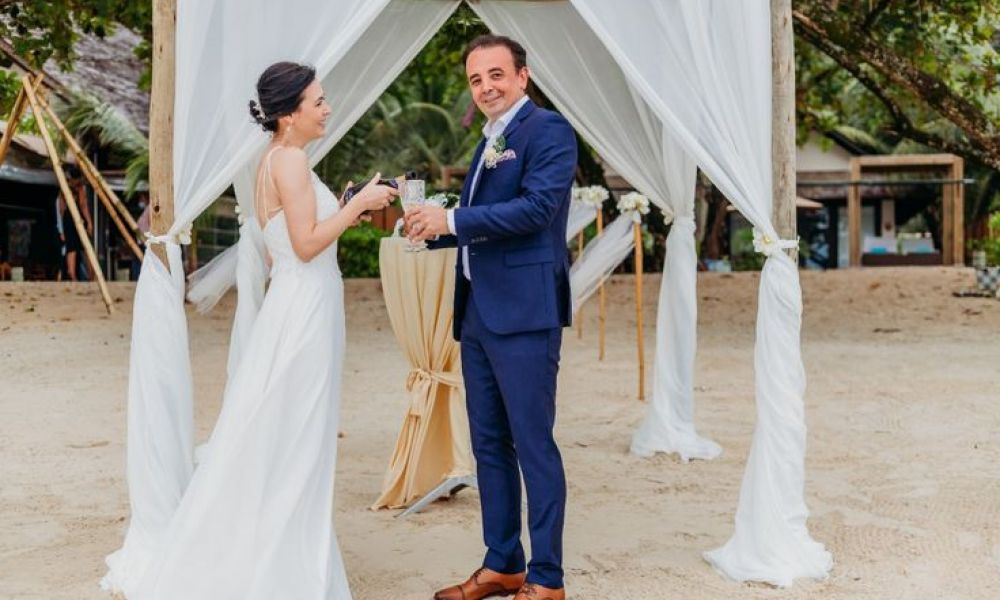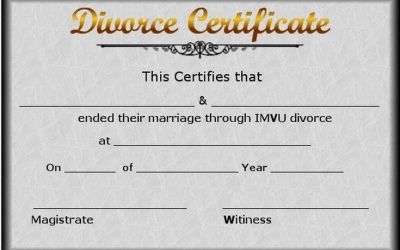
How to Get Married in Iran: Overcome Challenges Easily in 2024
Table of Contents ▼
Iran’s Islamic statutes do not recognise civil marriage, mandating couples to undergo Sharia marriage for lawful recognition.
This necessitates many Iranians to look for civil marriage options outside Iran that adhere to their personal or religious desires while ensuring their legal status remains intact.
This article scrutinises the statistical data, alternatives, and legal consequences of civil marriage in Iran and Sharia marriages.
Statistics on Iranian Marriage Requests in the UAE
From October 2023 to October 2024, Easy Wedding documented a significant 50% increase in marriage requests from Iranians, signalling a growing inclination to marry outside Iran. Most of these requests are for cross-border marriages, notably between the UAE and Georgia, with 82% involving mixed-nationality couples and 18% Iranian couples.
Leading Wedding Venues
46% of these couples choose the UAE, with Georgia attracting 24%. Twenty-three percent embrace virtual weddings, reflecting the growing acceptance of online marriage formats. The remaining 7% have varying preferences or choose other locations.
Wedding Formats Preferred
Civil marriages in Iran scenarios are predominant, with 75% of couples opting for legal ceremonies in Georgia or Abu Dhabi. Traditional weddings are less popular, only making up 5%. Religious weddings, like Sharia marriages (Nikah), are chosen by 4%, indicating a niche but consistent demand.
Religious Demographics of Couples
Interfaith marriages are becoming more common, with 12% involving Muslim brides and Christian grooms. Muslim couples constitute 32%, highlighting a preference for same-faith unions. Furthermore, 7% feature Muslim brides with partners from other faiths, while only 4% of non-Muslim couples choose the UAE for their civil marriage in Iran.
Interfaith Marriage Permits
16% of men are securing permits to marry non-Muslim partners, reflecting broader societal acceptance of interfaith marriages. This trend illustrates an evolving approach to civil marriage in Iran, especially for Iranians marrying abroad to align with personal beliefs and legal frameworks.
Wedding Options for Iranians Outside Traditional Boundaries
If you’re Iranian and prefer to marry outside traditional frameworks, there are two key options. Firstly, obtaining a civil marriage in Abu Dhabi is straightforward and recognised internationally, involving little paperwork and no religious requirements. Although a civil marriage in Iran is not possible, Iranians can opt for a Shariah marriage within Iran, respecting religious protocols. Alternatively, Georgia is a favourite for those considering a civil marriage in Iran at an international venue due to its simplified approach and the need for local residency. Georgia and the UAE are chosen for their stunning natural scenery and mature wedding industries, making them attractive wedding destinations.
Marriage Legalisation in Iran
In Iran, the legal framework for marriage is built exclusively around Shariah law, making civil marriage unrecognised and subjecting participants to potential charges of adultery. To navigate this, individuals opting for a civil marriage in Iran must also undertake a Shariah ceremony, which is the only way to ensure their union is recognised legally.
Marriage Legalisation in the US
Any legal marriage type, such as civil marriage in Iran or Shariah, if conducted in Iran, is recognised in the US. This policy helps married couples apply for residency and sponsorship, positioning the US as a prime location for partners planning to immigrate.
Conversion if One of the Partners is Non-Muslim
In Iran, if a marriage involves a non-Muslim partner, the rules are specific: a non-Muslim groom must convert to Islam to marry a Muslim bride. In contrast, a bride from an Abrahamic faith does not need to convert if the groom is Muslim. Even though civil marriage in Iran is not allowed, couples marrying outside of Iran face no such conversion requirements, making civil marriage in Iran more accessible internationally.
Sharia Marriage Requirements
- Complete a premarital health check at a recognized health center.
- Choose a marriage officer from Sunni or Jaffari Endowments.
- If employed in security, obtain an approval letter from your employer.
- Get an official marriage certificate from the Ministry of Justice, Islamic Affairs, and Endowments.
Necessary documents for both parties include:
- Medical certificate.
- Passports and IDs.
- Documents proving social status (related to previous marriages or divorces).
- Non-Bahrainis can marry in Bahrain if one partner is a resident; embassy approval needed for expatriates.

